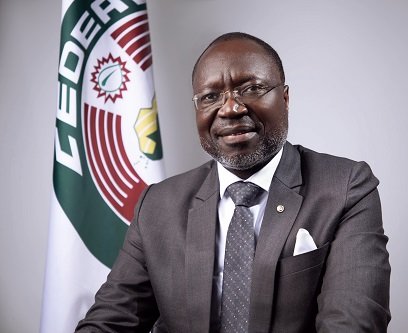Amid a backdrop of geopolitical upheaval, the Economic Community of West African States, ECOWAS, finds itself at a crossroads.
With the recent departure of Burkina Faso, Mali, and Niger Republic from the regional bloc, the remaining member states have convened in Abuja, Nigeria, under the auspices of their Foreign Affairs Ministers.
The agenda for the gathering extends beyond mere administrative formalities.
Beyond the halls of diplomacy, the ministers are tasked with navigating the tempestuous waters of regional unrest, epitomized by the mass demonstrations engulfing Senegal in the wake of postponed presidential elections.
Dr. Alieu Touray, the President of the ECOWAS Commission, has set the tone for the proceedings, emphasising the gravity of the situation at hand.

In his address, he underscores the imperative for the ministers to not only address the withdrawal notices from the three dissenting nations but also to delve into the broader ramifications for regional stability and cooperation.
The decision by Burkina Faso, Mali, and Niger Republic to sever ties with ECOWAS reverberates with geopolitical significance.
Implicit in their abrupt departure is a scathing indictment of the regional body, portrayed as a catalyst for discord rather than an instrument of cohesion.
The allegations levied against ECOWAS, of overreach and encroachment on national sovereignty, cast a shadow over the collective aspirations for regional integration.
As delegates convene behind closed doors, the fate of ECOWAS hangs in the balance. In the crucible of diplomatic negotiations, intricate alliances are forged, and fissures laid bare.
Each deliberation is infused with the weight of history and the aspirations of millions, underscoring the pivotal role of ECOWAS in shaping the destiny of West Africa.









